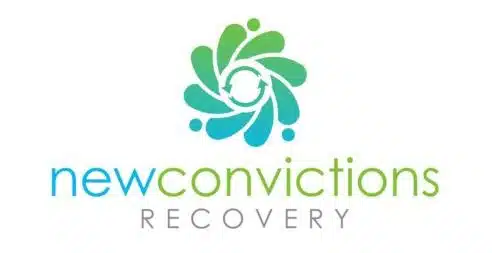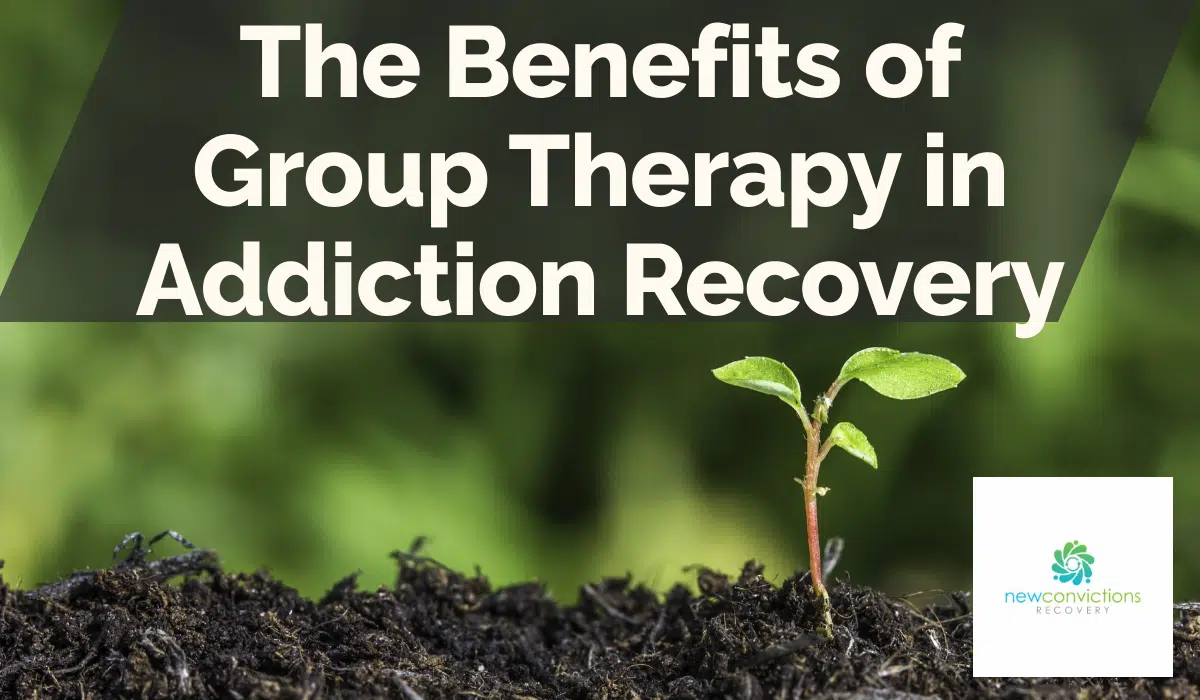Group therapy has long been hailed as an effective medium for making positive changes, especially in the realm of mental health. In the context of addiction recovery, the role of group therapy seems particularly instrumental. This form of therapy offers an opportunity for participants to be heard, to receive support, and to develop social skills, all while providing a safe environment to face their challenges.
The Concept of Group Therapy
Group therapy is a form of psychotherapy that involves one or more therapists working with several people at the same time. It is built around structured meetings wherein patients, battling the same kind of issues, come together under professional supervision. It is through this environment that individuals can share their experiences, cope with their problems, and find solace in the fact that they’re not alone.
Role in Addiction Recovery
The process of addiction recovery does not solely depend on the elimination of substance use. It also requires the individual to work on their psychological, social, physical and behavioral wellbeing. Group therapy fulfils this need by creating a space for individuals to express their vulnerabilities, fears, and hopes about recovery.
Building a sense of belonging
Recovering addicts often feel isolated due to guilt, shame, and societal stigma. Many struggling addicts believe that they are the only ones dealing with their current issue and that they are unique with their struggles. This is where group therapy works as a catalyst for positive change; by sharing their struggles with people experiencing similar challenges, individuals are able to see the universality of their problem and gain an opportunity to heal amidst understanding and support.
Enhancing Communication skills
Communication is key in every facet of life, including recovery. Addiction can often inhibit an individual’s ability to connect and communicate with others due to shame and isolation; group therapy aids in rebuilding these skills through collective engagement and interaction with like-minded individuals.
Diversified Perspectives
Each member brings a unique perspective and coping mechanism to the group, offering different insights and strategies that others may find beneficial. This diversity can lead to quicker problem-solving and innovative coping strategies.
Instillation of Hope
One of the main benefits of group therapy is that it displays hope to group members through witnessing how others in the group are progressing toward health and recovery. The isolation of addiction can often lead individuals toward despair and perpetual disappointment; by being involved in group therapy, individuals are able to witness the healing power of recovery in others which instills a sense of hope to continue on the recovery journey.
Common Questions about Group Therapy
Is group therapy effective for everyone?
While group therapy has many benefits, it may not be suitable for everyone. Those who struggle with social anxiety, for instance, may find the group dynamic intimidating. A professional can guide individuals to the type of therapy that best suits their needs.
What is discussed in group therapy?
Within a safe and confidential environment, topics discussed often include triggers, coping mechanisms, relationships, and the impact of addiction on various aspects of life.
Conclusion
In conclusion, group therapy has a profound role to play in addiction recovery. It helps individuals feel less alone while offering opportunities to learn from each other. It can be a powerful addition to an individual’s recovery plan, instrumental in pushing the boundaries of personal growth and a return to normalcy.

